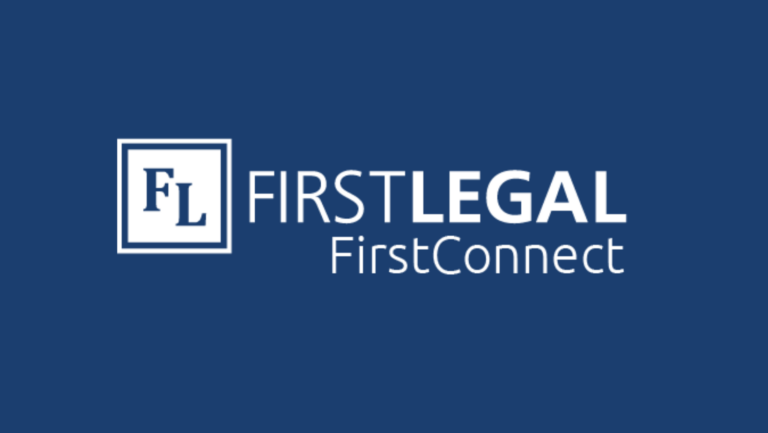Artificial Intelligence (AI) is a rapidly growing industry affecting change in various sectors, most notably in the field of home electronics and media platforms. AI, at its basic foundation, are highly effective algorithms that respond or “learn” as more information is added to them. Efficient, responsive, and commonly delivered with soothing voices, AI is marching its way through the digital realm.
For legal professionals, AI is especially impacting eDiscovery services and processes. Some of these changes are proving beneficial, but others are also presenting new risks.
Benefits of AI Powered eDiscovery
When AI is on your side of the eDiscovery process, sifting through a towering mass of Electronically Sourced Information (ESI) becomes streamlined and more efficient. AI software saves time by silently identifying, sorting, and identifying valuable information from large repositories. Some benefits seen with AI during eDiscovery include:
-Pattern recognition used to identify potentially risky or fraudulent behaviors.
– Scale and aggregate large data sets that can be leveraged if needed.
– Automatic detection of PII, PCI, and PHI
Disadvantages of AI Powered eDiscovery
Moving forward, we should expect AI-powered eDiscovery software to be used with higher frequency, but some kinks will need to be worked out. Artificial intelligence applications fuse advanced scientific developments and everyday functions, creating a frontier that the legal industry isn’t quite prepared to deal with yet. A lack of trust in AI applications pervades many legal practices. For that reason, adapting to new technology is a slow process for many.
Some of the downsides to AI-powered eDiscovery are:
– Lack of trust from many within the legal industry.
– Privacy concerns arise with the handling and storage of large amounts of data.
– Standardization isn’t fully realized; the process is not universally accepted.
– An unclear path on how to regulate AI data mining.
How Should Legal Professionals Prepare for AI?
Human behaviors are increasingly being recorded, documented, and stored. This burst of digital data offers legal professionals more ESI than ever before. The potential to harness the wealth of ESI for eDiscovery is there. Individuals who are uncomfortable handling AI simply need to receive clarification on how to access that potential, in a timely, cost-effective manner.
AI technology education, and how it can benefit legal processes, should be a priority for legal firms. In addition to improving the efficiency and quality of information gleaned during eDiscovery, keeping up with technology helps firms ensure compliance with the ABA Model Rules of Professional Conduct revision made in 2015.
AI software is currently in use by many corporations. They use AI software to assess, classify, and store data. Legal professionals would be wise to follow in their footsteps and adopt AI capabilities that are known to be valid, effective, and well-vetted.
Artificial Intelligence Has Staying Power
The amount of data produced every day by personal electronics and businesses is staggering. When that data becomes a part of legal proceedings, a technology that is just as sophisticated as the data should be employed to deal with it properly, we invite you to learn more on this topic with our blog “3 New Types of Data Available in Discovery”. Experts in the field of both AI software and eDiscovery can be consulted, and even considered assets, by law firms looking to leverage the potentials being presented in the form of AI software.
AI is not about to replace human judgment in the legal profession. There is no substitute for the human condition, but AI technology can certainly help us!






